
Biomedical Data Science and Informatics Ph.D.
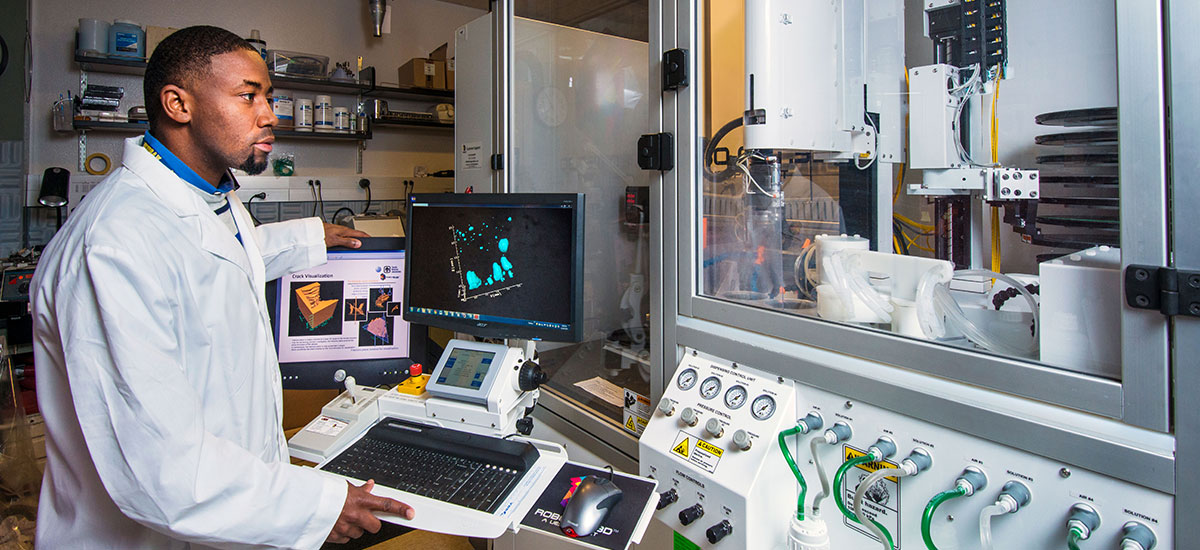
The Biomedical Data Science and Informatics (BDSI) Ph.D. program is a joint Ph.D. program offered by Clemson University and the Medical University of South Carolina. The program brings together Clemson's strengths in computing, engineering, and public health and MUSC's expertise in biomedical sciences. Graduates will be prepared to manage and analyze large-scale data from a variety of sources, such as electronic health records, biomedical texts, bio-sensor and imaging data, and omics data, and will possess the necessary skills for informatics careers in biology, medicine and public health, and research in prescriptive analytics.
This interdisciplinary program is designed for full-time students with undergraduate or graduate computer science, math, engineering, or biomedical sciences backgrounds who wish to make a contribution to biomedical sciences and individual and societal health.
Specialized tracks include precision medicine, population health, and clinical and translational informatics. For more details on our M.S. program, please view our M.S. in BDSI.
The BDSI Ph.D. program, in partnership with South Carolina State University, has just received a SC BIDS4HEALTH training grant funded by the National Institutes of Health. Interested candidates, please complete the interest form.
Building on the curricular ecosystem of the joint Ph.D. program, this program will support a cohort of graduate students interested in the application of data science techniques to address health inequities.
-
Degree Requirements
Requirements
Each student will work with their graduate coordinator, academic advisor, and dissertation committee to construct a program of study that conforms to the requirements and takes into account prior preparation and intended research area. Because the curriculum will be tailored to each student, the time needed to complete the degree will vary, but in general, it is expected that students can complete the degree in five years or less.
Ph.D. Students with a B.S. or M.S. Degree
Coursework (41-44 credits)
- Area I – Biomedical Informatics Foundations and Applications (15-16 hours)
- Area II – Computing/Math/Stats/Engineering (18 hours)
- Area III – Population Health, Health Systems, and Policy (5-6 hours)
- Area IV –Domain Biology/Medicine (3-4 hours)
Research (26 credits)
- Area V - Lab rotations, seminars, doctoral research (26 hours)
67 credits minimum beyond the bachelor
The BDSI Ph.D. requires 67 graduate credits, minimum. Some of these credits may be transferred in. For additional details, see the BDSI Ph.D. program handbook.
View a detailed look at our Ph.D curriculum.
-
Qualifying Exam and Dissertation
Graduating: Examination Requirements
To earn the Ph.D. degree, a student must take and pass three examinations:
- The Comprehensive Examination
- The Dissertation Proposal
- The Dissertation Defense
The information below is intended as an overview of each requirement. Current BDSI Ph.D. students approaching these milestones should review the BDSI Ph.D. Program Handbook. This includes expectations regarding proposal formatting, scheduling, and presentation.
Ph.D. Qualifying Exam
BDSI Ph.D. students must complete their qualifying exam by the end of their second year. The examination is offered once per year on a determined date and is prepared by the BDSI Student Progress Committee. The examination assesses competency in Areas I-IV as outlined in the BDSI curriculum.
Dissertation Proposal
After passing the qualifying exam, students should prepare a dissertation proposal in consultation with their Dissertation Committee. Students are expected to complete their proposal defense within 1 year of passing their qualifying exam.
Dissertation Defense
A dissertation based on original investigation is required of all Ph.D. students. The dissertation must give evidence of mature scholarship and critical judgment, demonstrate methodologic rigor indicating knowledge of research methods and techniques, and demonstrate the student's ability to carry out independent investigation.
Each Ph.D. candidate is required to pass a final oral examination directed primarily to the defense of the dissertation. The defense of the dissertation is a rigorous examination intended to test the student’s knowledge of the research covered in the dissertation, as well as their general knowledge of the related fields of study.
The dissertation defense begins with a formal 45-50-minute public presentation describing the research methods and results, which is followed by questions from the audience. The candidate's dissertation committee then conducts an oral examination in a closed-door session to test the candidate's understanding of the area of research. Performance on this examination must receive approval of the student's dissertation committee before the student will be recommended to the Ph.D.
-
Applying to the Ph.D. Program
Application Requirements and Recommendations
Required for application to the program:
- Bachelor's degree in biomedical or health sciences, computing, mathematics, statistics, engineering, or related disciplines
- One year of college calculus
- One year of college biology
- Computer programming coursework or substantial experience in industry
Recommended for application to the program:
- Competency in more than one area from the following list: biomedical or health sciences, computing, mathematics, statistics, engineering, or related disciplines, as demonstrated by completion of a major, minor, or certificate
- Relevant research or work experience
- Coursework in multivariate calculus, linear algebra, probability and statistics, and biostatistics
- One year of computer science coursework that focuses on the fundamentals of computer science and software engineering principles, including abstraction, modularity, and object-oriented programming
Applicants who are missing prerequisite coursework may still be considered but should use their personal statement to address other ways in which they’ve achieved competency in the missing prerequisite area.
The Application Process
The Ph.D. program only admits to the Fall semester. Individuals are encouraged to complete their application several weeks prior to the priority deadline.
- Priority deadline: December 1st
- Final deadline: January 15th
When applying, applicants will identify a preference for either Clemson or MUSC (Charleston) based on the faculty members the applicant would most like to work with. The BDSI Admissions Committee will consider the applicant's preference along with other considerations and will make a final decision regarding the placement of admitted applicants.
Application fees are not required.
How to Apply
Required documents can be found here. Application to the BDSI Ph.D. requires two letters of recommendation. International applicants applying to our MUSC campus in Charleston are required to submit official language scores from either TOEFL or IELTS. For our Clemson campus, official scores from TOEFL, IELTS, PTE Academic, and Duolingo are accepted. GRE scores are not required for application to the BDSI Ph.D.
Questions and Application Guidance
Adam Rollins, Clemson Graduate Services Coordinator
Apply | Graduate School
rollin7@clemson.edu -
Interest Form
-
Team
Meet our faculty members at both Clemson University and the Medical University of South Carolina
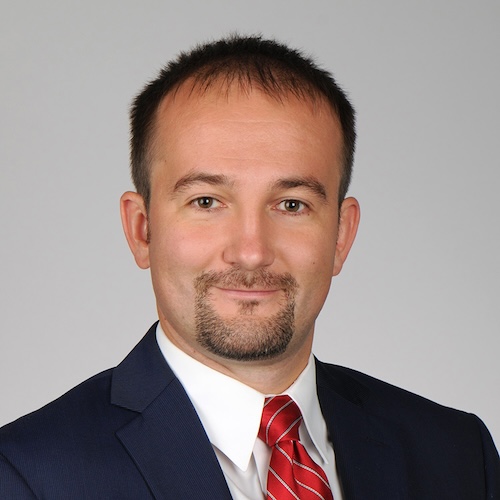
Alexander Alekseyenko
MUSC
Public Health Sciences
alekseye@musc.edu
Stefano Berto
MUSC
Neuroscience
berto@musc.edu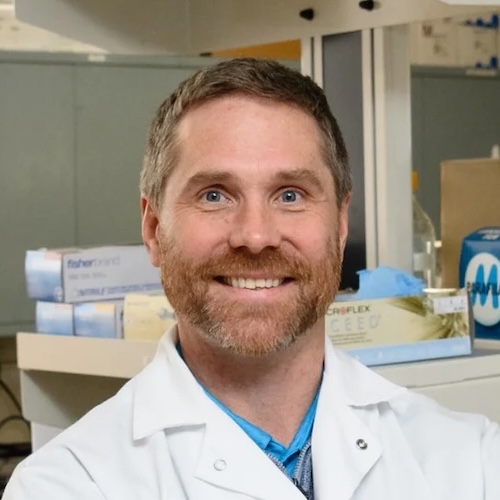
Marc Birtwistle
Clemson University
Chemical and Biomolecular Engineering
mbirtwi@clemson.edu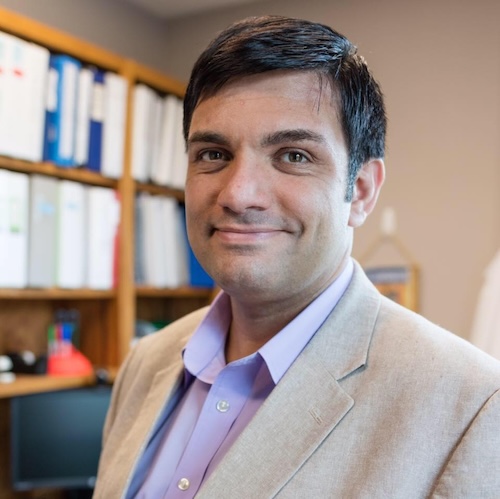
Luigi Boccuto
Clemson University
School of Nursing
lboccut@clemson.edu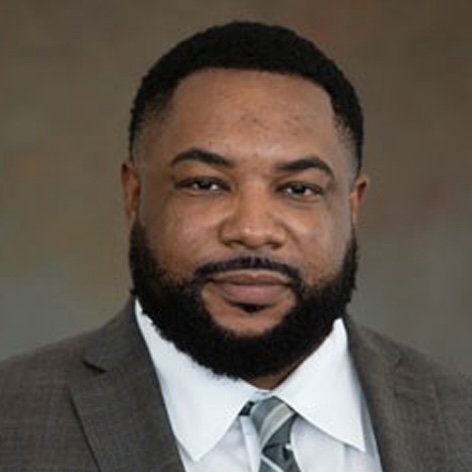
Julian Brinkley
Clemson University
School of Computing
julianbrinkley@clemson.edu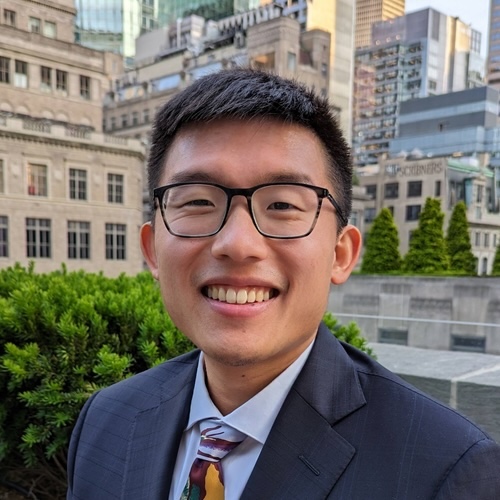
Andrew Chen
MUSC
Public Health Sciences
chenandr@musc.edu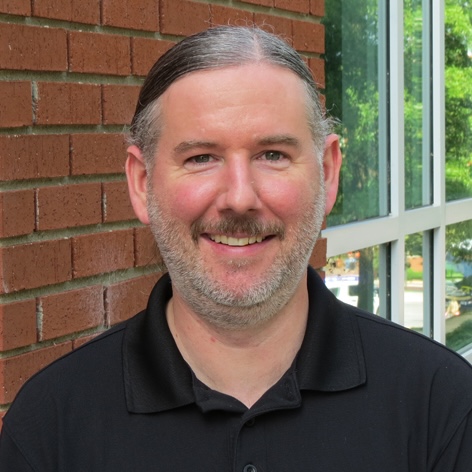
Brian Dean
Clemson University
School of Computing
bcdean@clemson.edu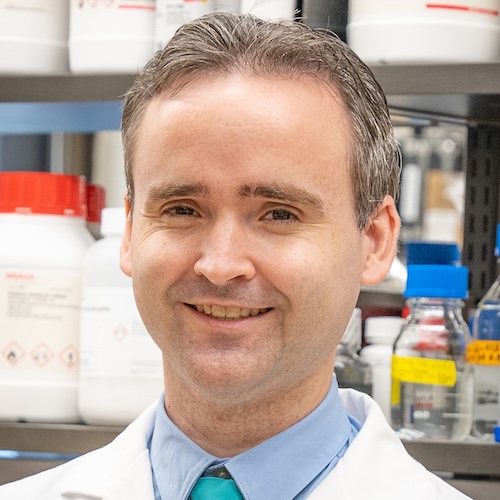
Joseph Delaney
MUSC
Biochemistry and Molecular Biology
delaneyj@musc.edu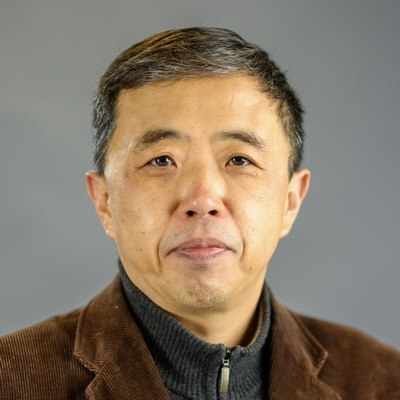
Andy Duan
Clemson University
School of Computing
duan@clemson.edu
Stephen Ethier
MUSC
College of Medicine
ethier@musc.edu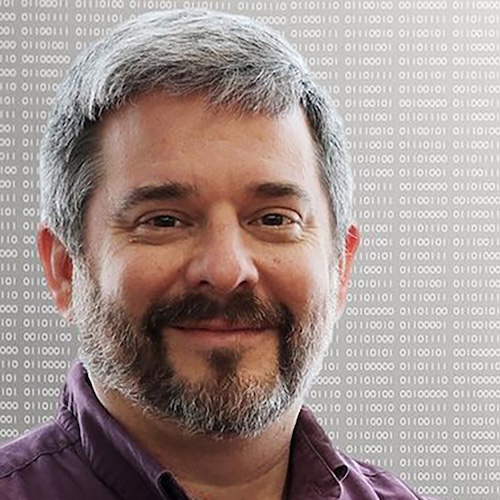
Alex Feltus
Clemson University
Genetics & Biochemistry
ffeltus@clemson.edu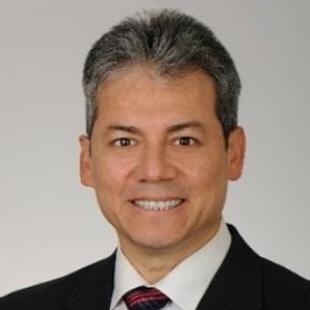
Hermes Florez
MUSC
Public Health Sciences
florez@musc.edu
Jordan Gilmore
Clemson University
Bioengineering
jagilmo@clemson.edu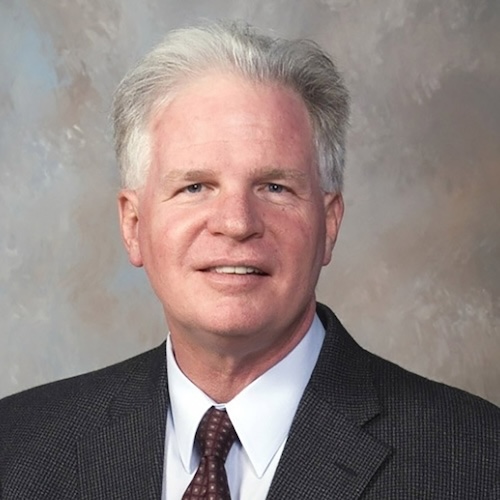
Ron Gimbel
Clemson University
Public Health Sciences
rgimbel@clemson.edu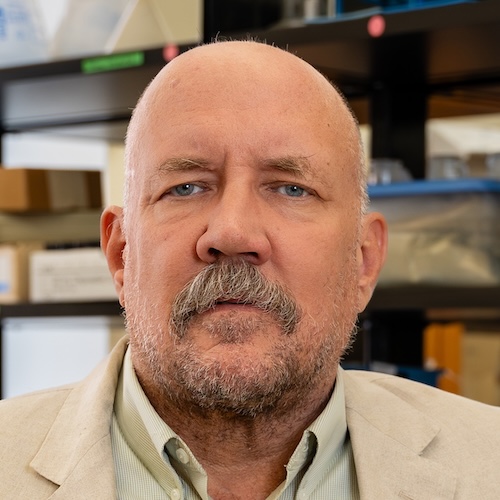
Mark Hamann
MUSC
College of Pharmacy
hamannm@musc.edu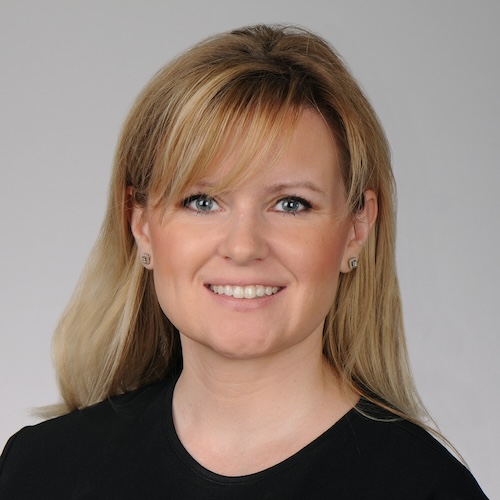
Jillian Harvey
MUSC
College of Health Professions
harveyji@musc.edu
Paul Heider
MUSC
Public Health Sciences
heiderp@musc.edu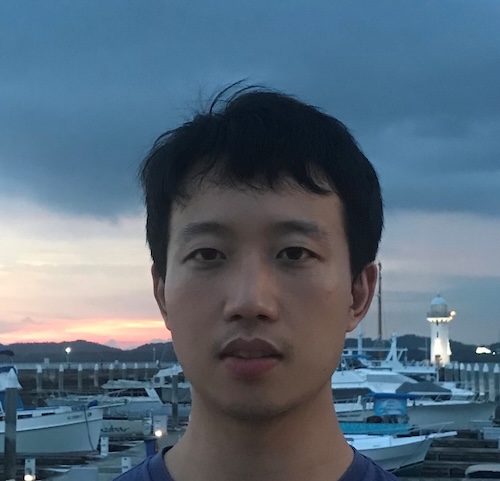
Siyu Huang
Clemson University
School of Computing
siyuh@clemson.edu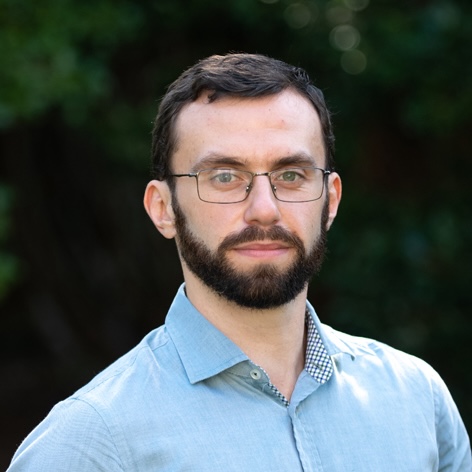
Federico Iuricich
Clemson University
School of Computing
fiurici@clemson.edu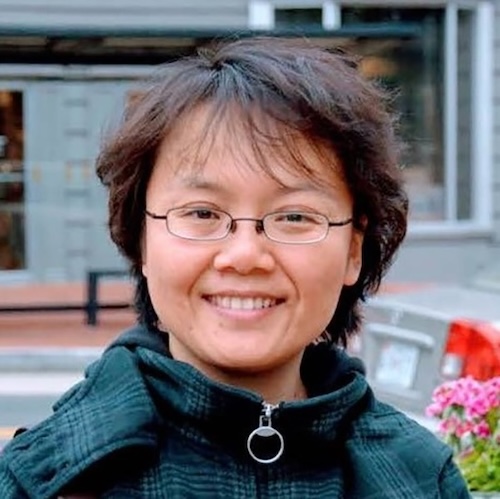
Xia Jing
Clemson University
Public Health Sciences
xjing@clemson.edu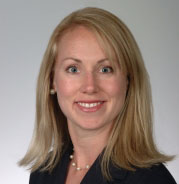
Abby Swanson Kazley
MUSC
College of Health Professions
swansoaj@musc.edu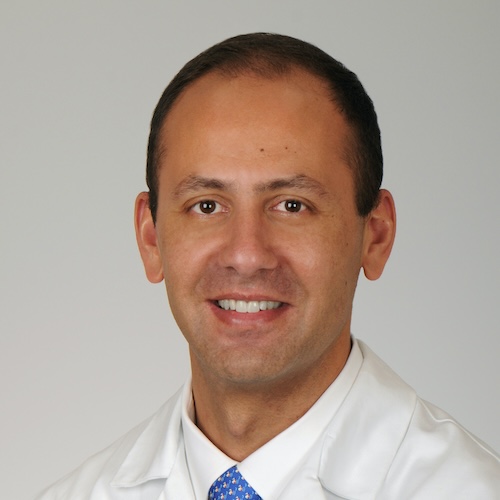
Arman Kilic
MUSC
College of Medicine
kilica@musc.edu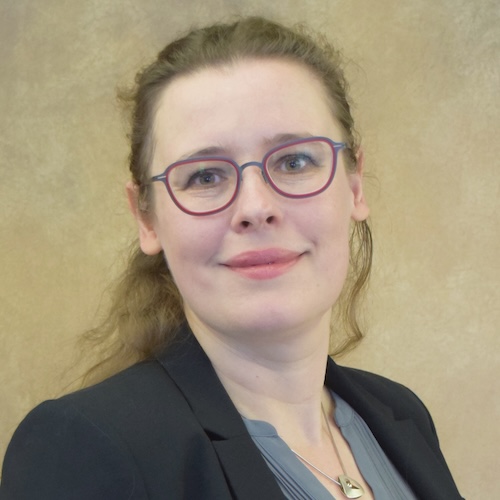
Miriam Konkel
Clemson University
Genetics & Biochemistry
mkonkel@clemson.edu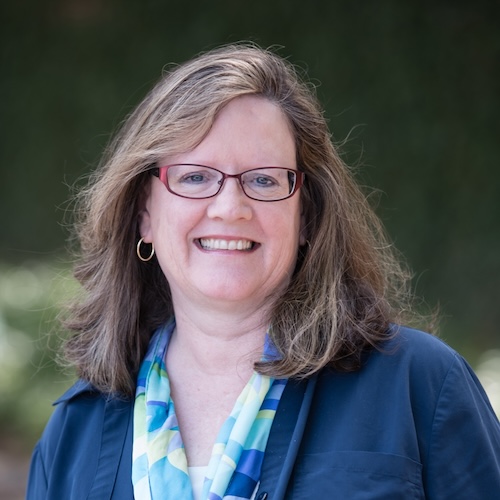
Eileen Kraemer
Clemson University
School of Computing
etkraem@clemson.edu
Carsten Krieg
MUSC
Pathology and Laboratory Medicine
kriegc@musc.edu
Leslie Lenert
MUSC
Medicine
lenert@musc.edu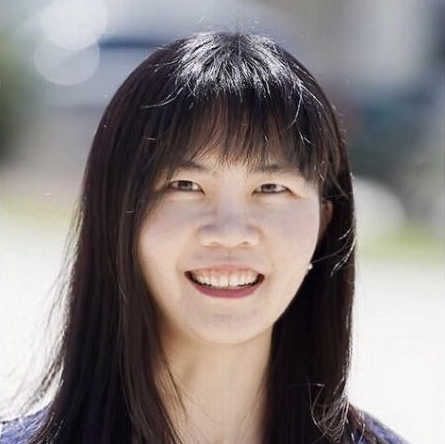
Nianyi Li
Clemson University
School of Computing
nianyil@clemson.edu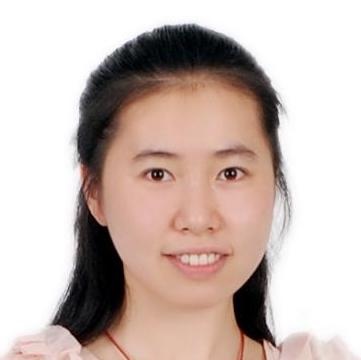
Xinyi Li
Clemson University
Mathematical and Statistical Sciences
lixinyi@clemson.edu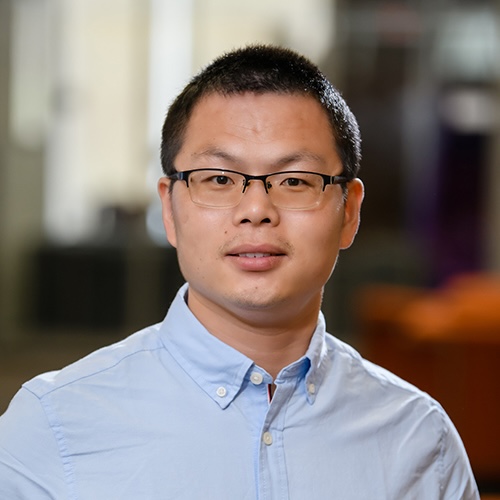
Kai Liu
Clemson University
School of Computing
kail@clemson.edu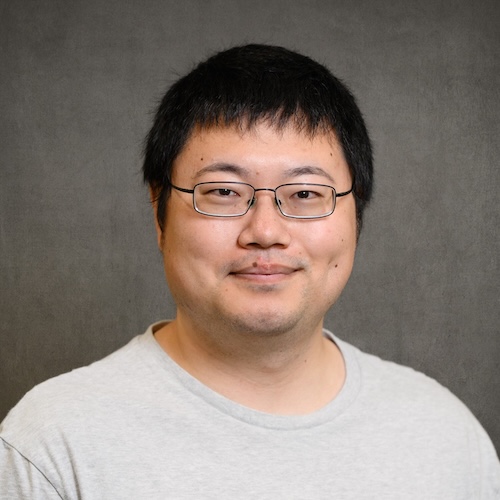
Kunpeng Liu
Clemson University
School of Computing
kunpenl@clemson.edu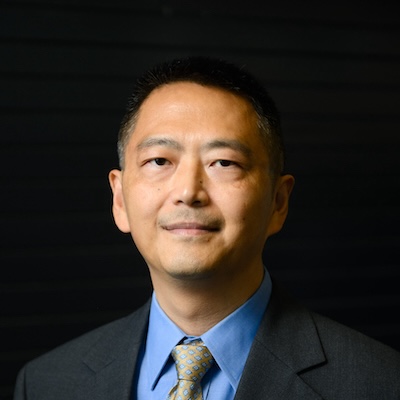
Feng Luo
Clemson University
School of Computing
luofeng@clemson.edu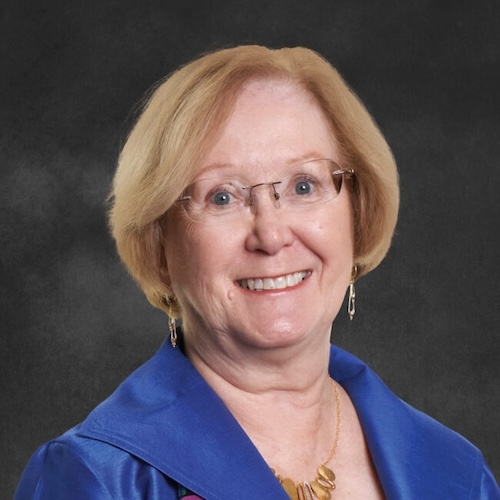
Truday Mackay
Clemson University
Genetics & Biochemistry
tmackay@clemson.edu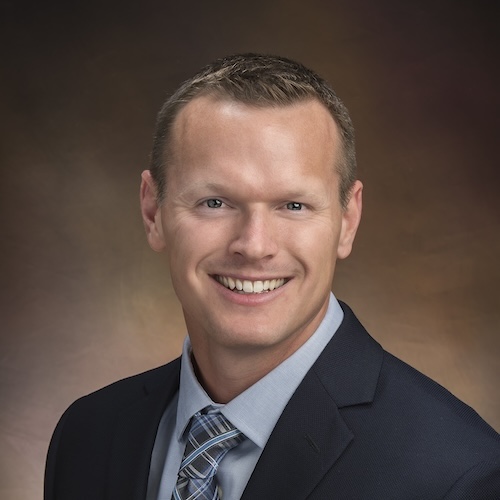
Aaron Masino
Clemson University
School of Computing
amasino@clemson.edu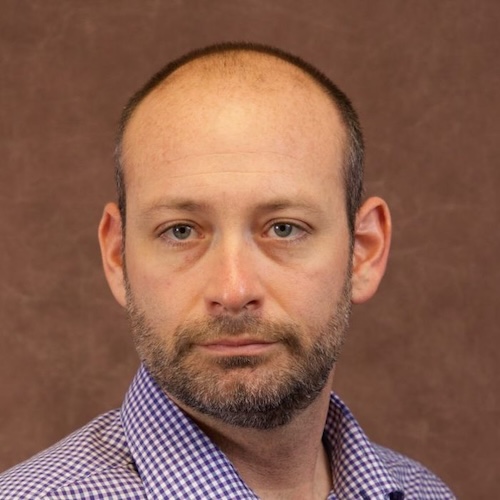
Chris McMahan
Clemson University
Mathematical and Statistical Sciences
mcmaha2@clemson.edu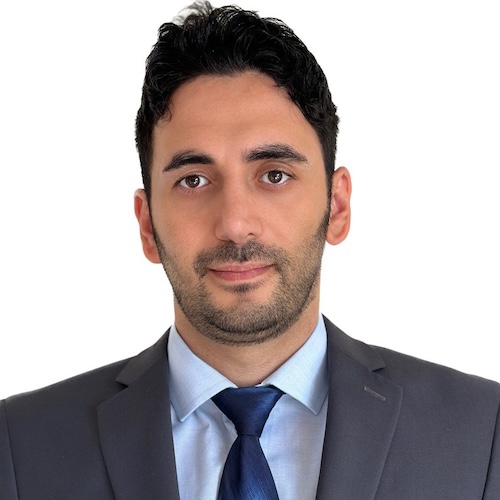
Abolfazl Mollalo
MUSC
Public Health Sciences
mollalo@musc.edu
Fabio Morgante
Clemson University
Genetics & Biochemistry
fabiom@clemson.edu
Paul J. Nietert
MUSC
Public Health Sciences
nieterpj@musc.edu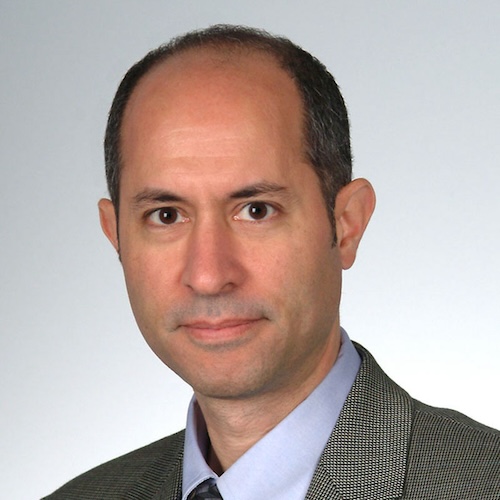
Jihad Obeid
MUSC
Public Health Sciences
jobeid@musc.edu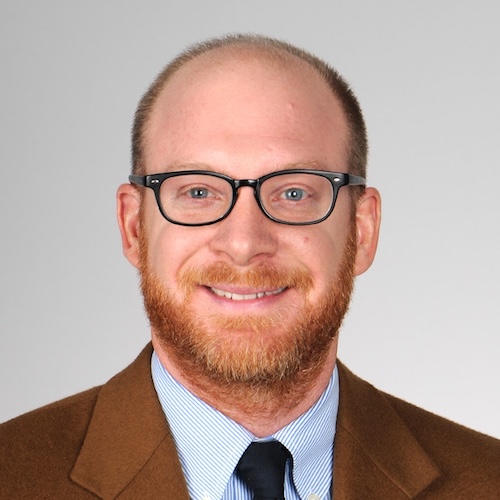
John Pearce
MUSC
Public Health Sciences
pearcejo@musc.edu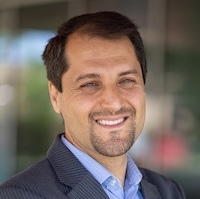
Abolfazl Razi
Clemson University
School of Computing
arazi@clemson.edu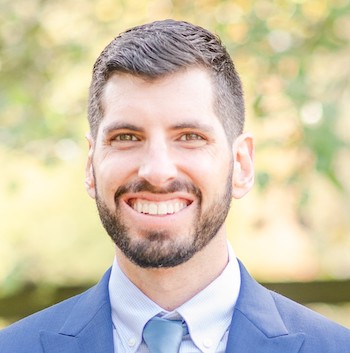
Lior Rennert
Clemson University
Public Health Sciences
liorr@clemson.edu
Vincent Richards
Clemson University
Biological Sciences
vpricha@clemson.edu
Jordan Ritchie
Aimedica Inc.
Data Science
jordon@aimedica.ai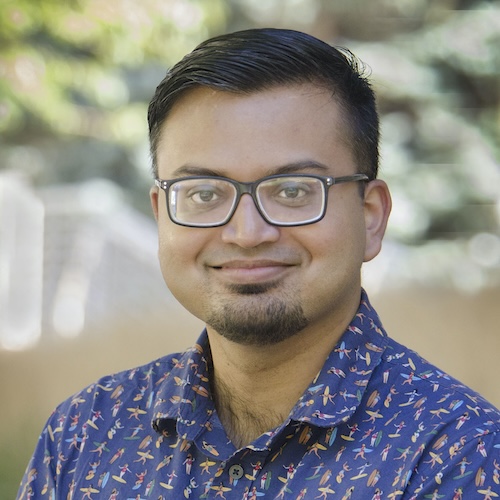
Souvik Seal
MUSC
Public Health Sciences
sealso@musc.edu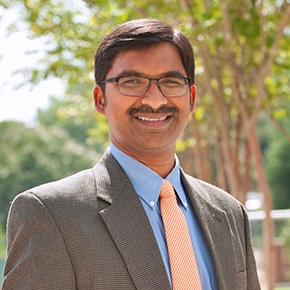
Joesph Singapogu
Clemson University
Bioengineering
joseph@clemson.edu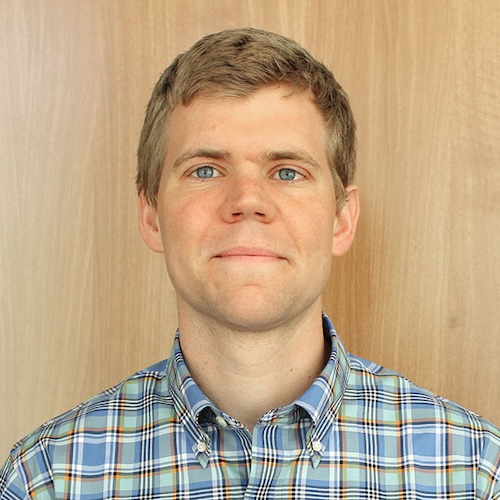
Hudson Smith
Clemson University
Mathematical Sciences
dane2@clemson.edu
Richard Steet
Greenwood Genetic Center
Director of Research
rsteet@ggc.org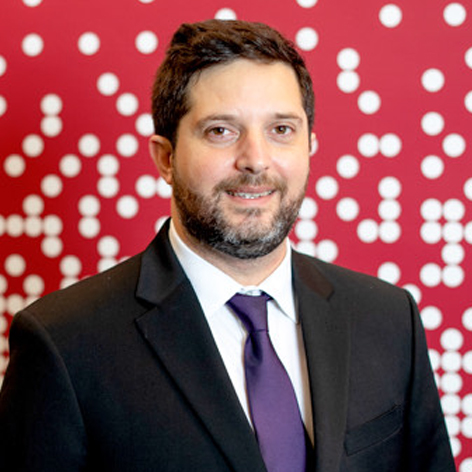
Matias Volonte
Clemson University
School of Computing
mvolont@clemson.edu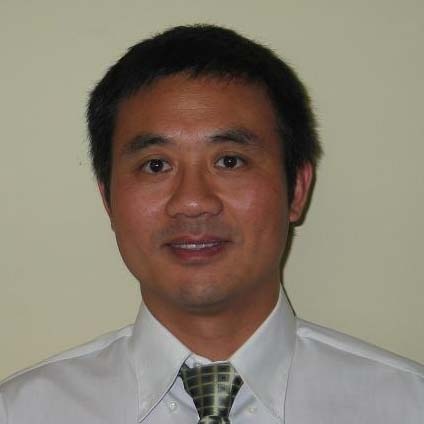
James Wang
Clemson University
School of Computing
jzwang@clemson.edu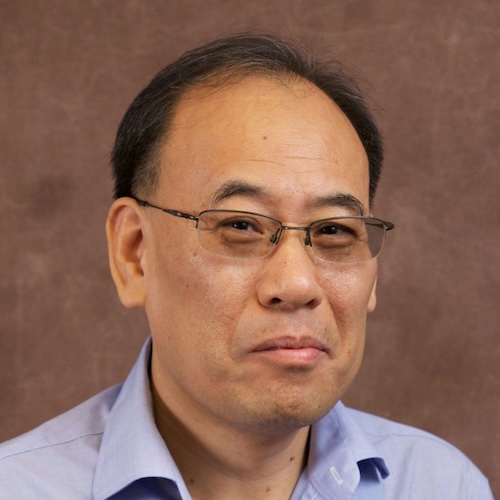
Liangjiang Wang
Clemson University
Genetics & Biochemistry
liangjw@clemson.edu
Brandon Welch
MUSC
Public Health Sciences
welchbm@musc.edu
Kevin Wiley
MUSC
Healthcare Leadership and Management
wileykk@musc.edu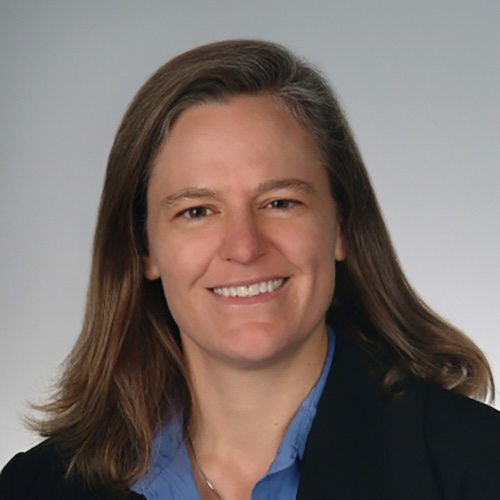
Beth Wolf
MUSC
Public Health Sciences
wolfb@musc.edu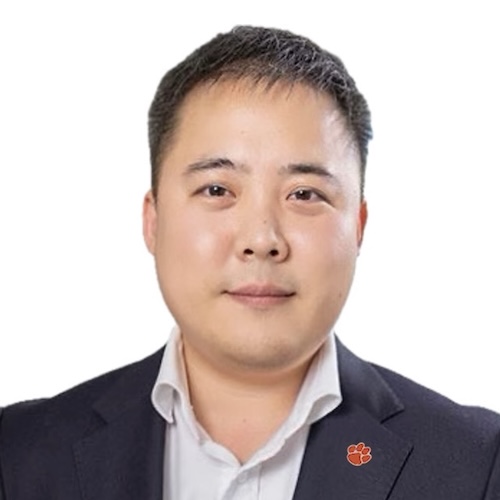
MinJae Woo
Clemson University
Public Health Sciences
mwoo@clemson.edu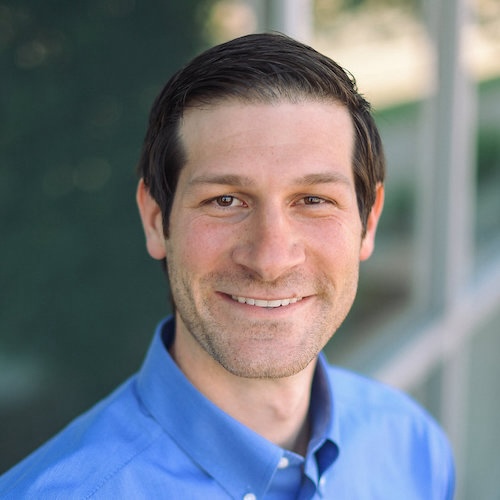
Cole Zanetti
MUSC
Public Health Sciences
zanettic@musc.edu
